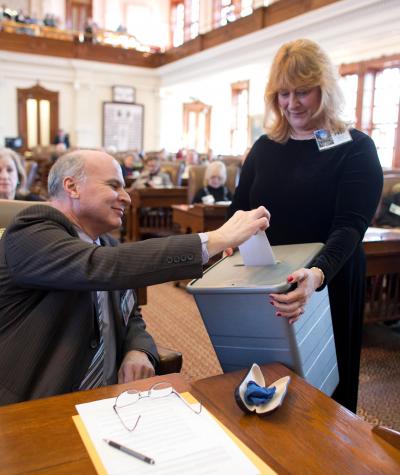The Electoral College casts the final and deciding ballots for the President of the United States. For more than two centuries, members of the Electoral College have voted for the presidential candidate that wins the most votes in their state.
Now, two cases before the U.S. Supreme Court, Chiafalo v. Washington and Colorado Department of State v. Baca, will decide if a presidential elector – the people who physically cast their state’s electoral votes – must vote for the candidate who won the popular vote in their state.
If a member of the Electoral College fails to vote for the candidate that wins the popular vote in their state, they break faith with the state’s voters—hence the term “Faithless Elector.” Soon, more members of the Electoral College might be tempted to be faithless electors.
As outlined in a recent essay in The Atlantic, by Campaign Legal Center’s senior director of trial litigation, Adav Noti, the numerous rules and federal laws that require elected officials and policy makers to follow financial ethics and transparency rules to ensure public trust do not currently apply to presidential electors. A ruling to unbind presidential electors would mean that they could legally accept contributions worth millions of dollars in connection with their official duties, and the public would never know.
To protect American democracy laws would have to be changed immediately to make sure that the 2020 Election is fair, transparent and protected from corruption.
Watch the video to learn more about faithless electors.
